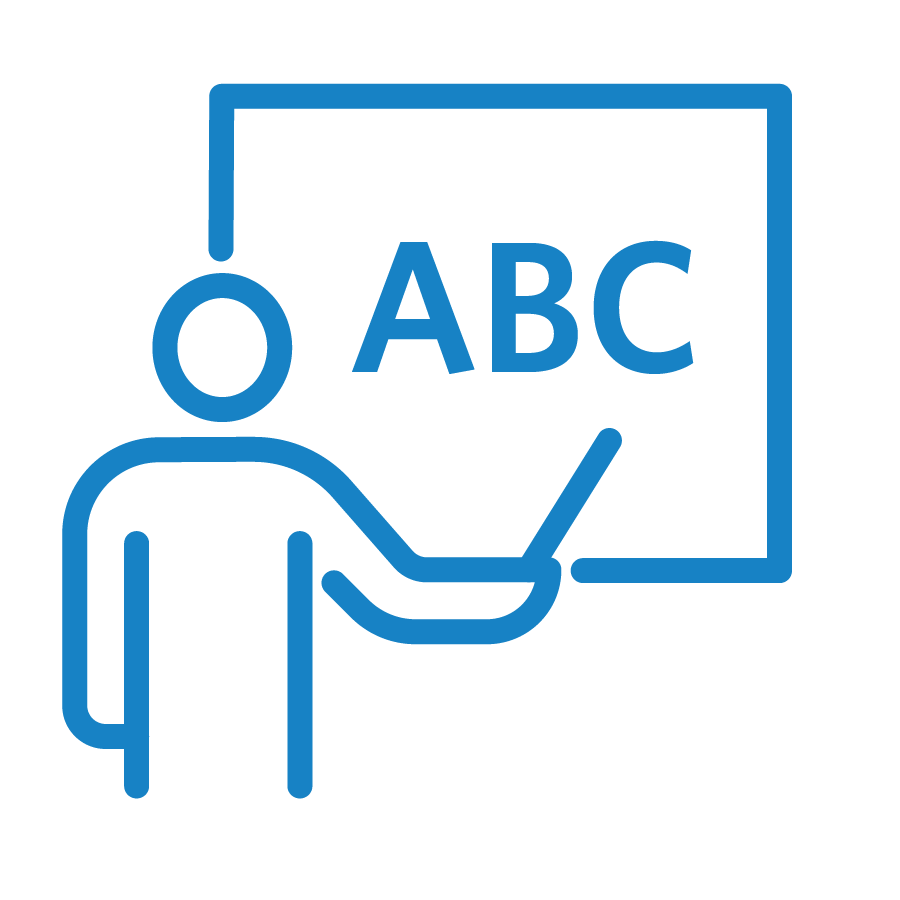Filter resources by:
Select a filter from the drop down menu to apply the filter. Page reloads upon selection
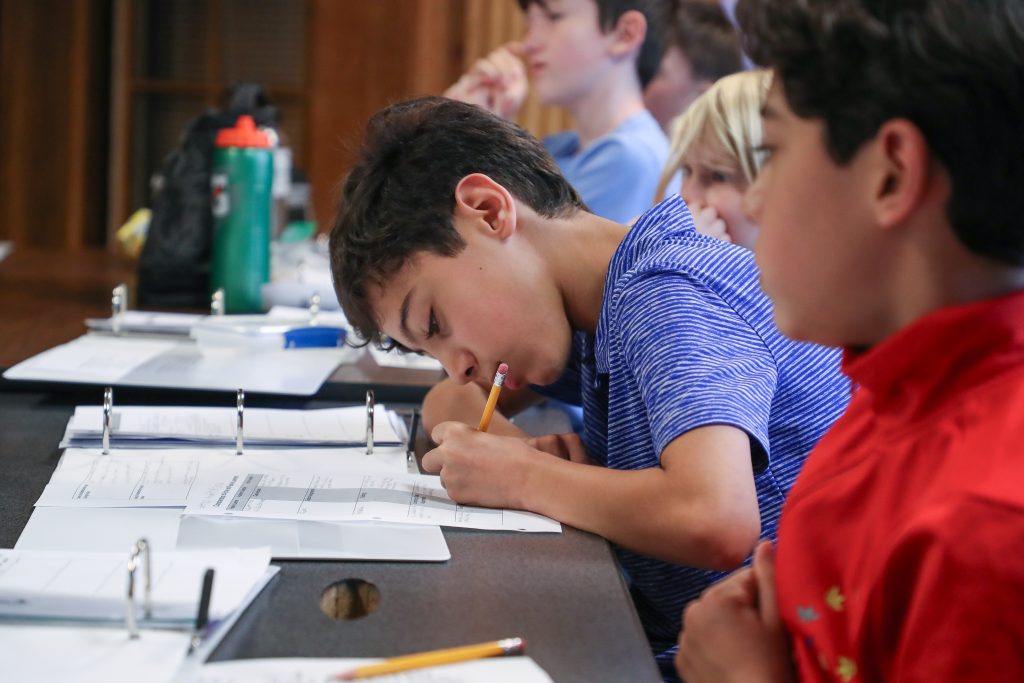
Oct 15, 2024
Harnessing Executive Function: The Role of Reflection in Student Learning
Self-reflection is not easy. Our ability to non-judgmentally reflect on our needs, habits, and behaviors and then adjust our actions according to the task at hand is ongoing work for most adults. The more awareness we bring to this process – in other words, the more we engage in metacognition – the more grounded and
Read Blog
Oct 8, 2024
Self-Reflection and Executive Function
Reflection in Action To get important insights into their students’ skills, classroom teachers can provide students with simple questionnaires about their work habits and attitudes towards school and other routines. If students complete self-questionnaires at the beginning of the school year, the classroom teacher can be provided with knowledge about their strengths, weaknesses, interests, and
Read Strategy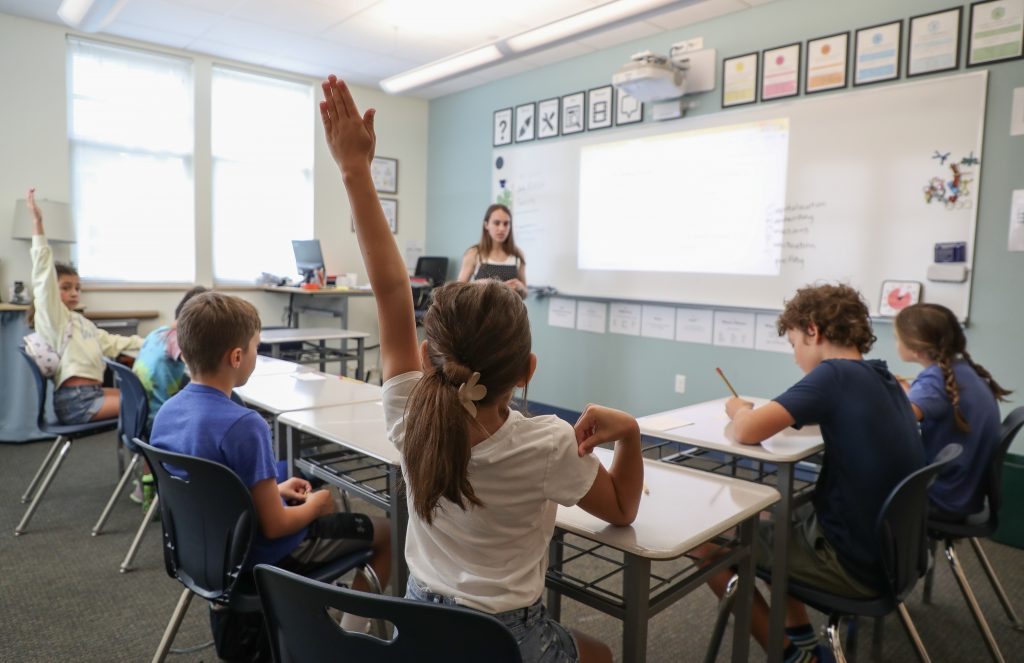
Sep 9, 2024
Executive Function Essentials: Identifying and Boosting Motivation in Students
Motivation is why we do the things we do. It’s a crucial element in supporting children with learning differences as studies have shown that students with learning disabilities experience lower levels of motivation than their peers without disabilities. Feeling overwhelmed, under-challenged, or threatened can have a negative impact on motivation. When supporting students, particularly those
Read Blog
Sep 1, 2024
What is Executive Function?
Impact on Schooling Landmark Outreach has publications that synthesize the research and outline how to best support students’ executive function processes in the classroom. According to Patricia W. Newhall author of Language-Based Learning Series: Executive Function: Foundations for Learning and Teaching, “Executive Function is the brain’s ability to coordinate the cognitive and psychological processes needed
Read Strategy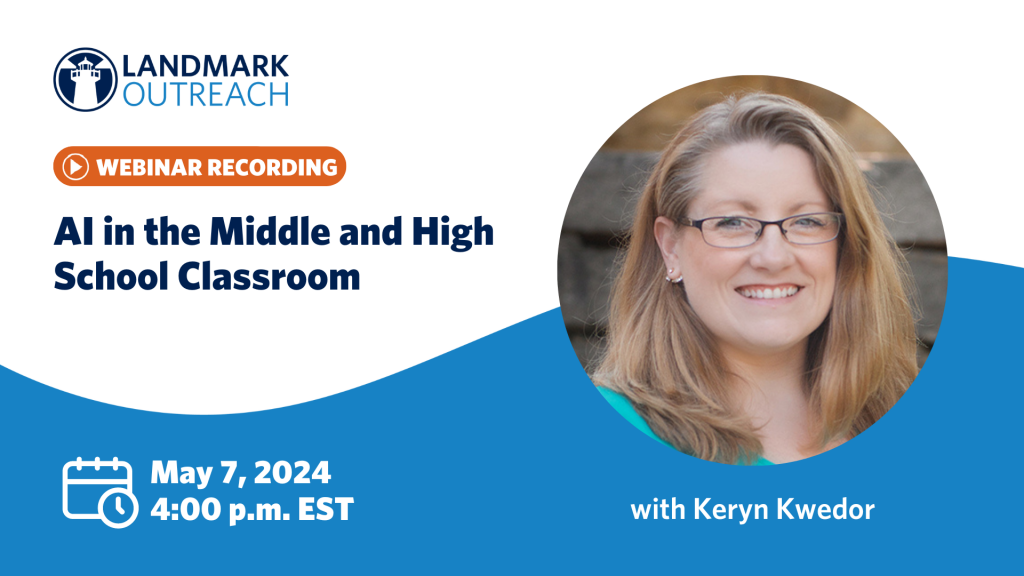
Aug 16, 2024
Must be logged in
AI in the Middle and High School Classroom | Webinar Recording
Learn how AI works, why it is important to understand it, and how it can be implemented in classroom activities. Since this “thing of the future” is here to stay, educators and their students need to know how to use it properly as a tool for critical thinking instead of a replacement for original work.
View Webinar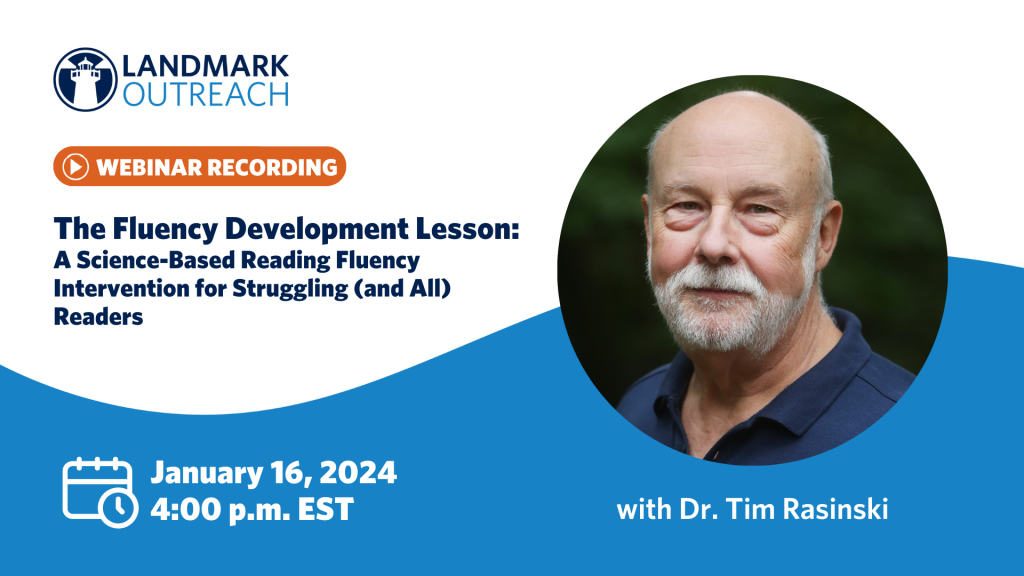
Aug 16, 2024
Must be logged in
The Fluency Development Lesson with Dr. Tim Rasinski | Webinar Recording
Join Dr. Tim Rasinski as he reviews the importance of reading fluency instruction, its place in the overall reading curriculum, and specific instructional tools for fostering fluent reading. Dr. Rasinski shares an overview of the Fluency Development Lesson (FDL) which is effective in improving fluency and overall reading outcomes for students, especially students who struggle
View Webinar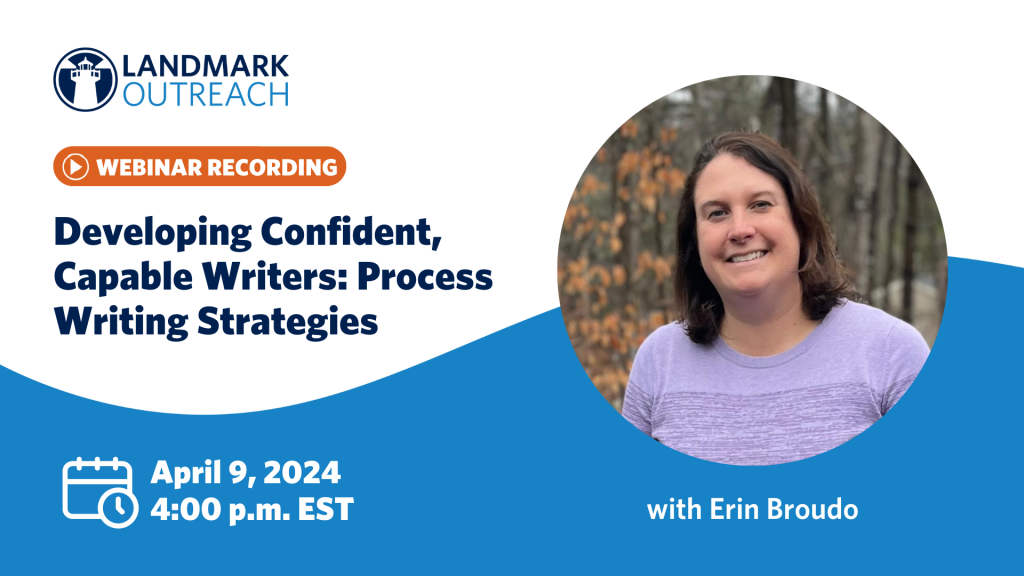
Aug 16, 2024
Must be logged in
Developing Confident, Capable Writers: Process Writing Strategies | Webinar Recording
This webinar explores how to apply process writing and use mentor texts at the middle-school level to integrate reading and writing skills and increase students’ confidence and independence in all phases of the writing process. Erin Broudo covers genres such as narrative writing, claim/opinion, and compare/contrast to demonstrate how to teach genre in writing in
View Webinar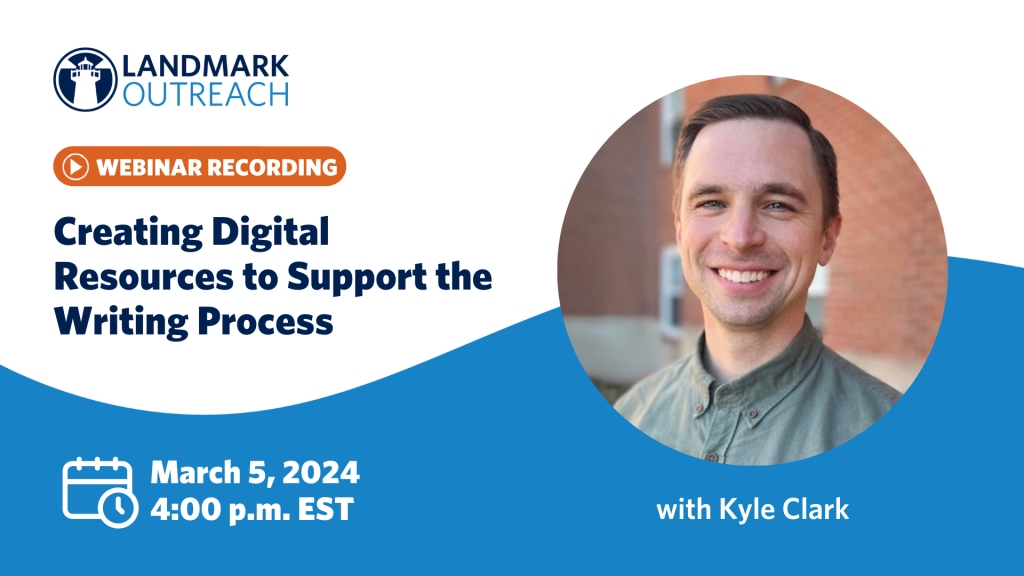
Aug 16, 2024
Must be logged in
Creating Digital Resources to Support the Writing Process | Webinar Recording
Learn new strategies for designing writing assignments for your students using the Google Suite. This webinar shares helpful tips and tricks to help your students more easily navigate the writing process.
View Webinar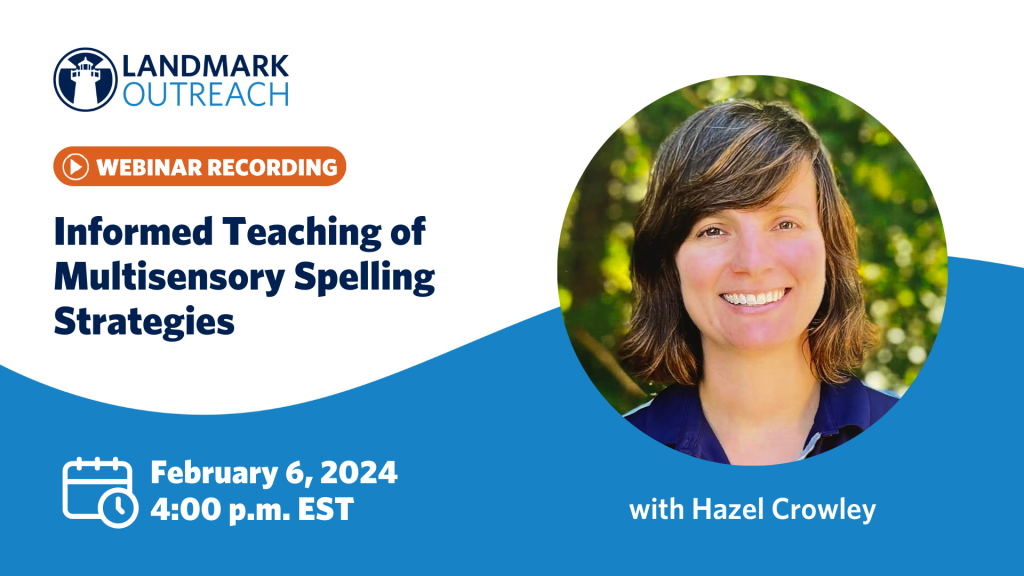
Aug 16, 2024
Must be logged in
Informed Teaching of Multisensory Spelling Strategies | Webinar Recording
This webinar explores how to differentiate the facets of spelling and demonstrates a variety of multisensory activities and interactive strategies to help foster a deeper understanding of spelling.
View Webinar